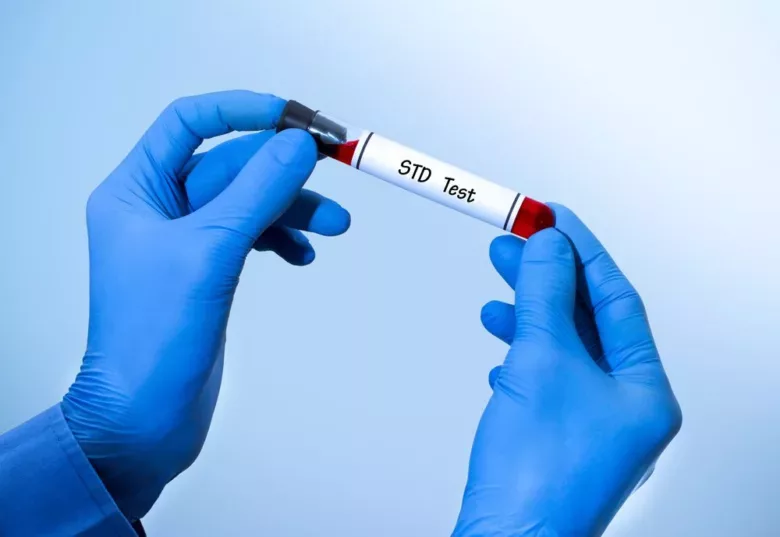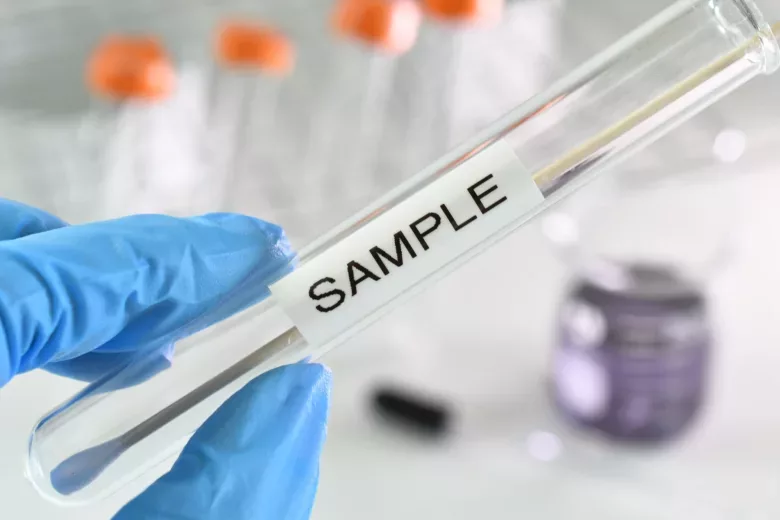Sexually transmitted diseases (STDs) are infections spread via sexual activities like vaginal, anal, or oral intercourse, and exchanging infected bodily fluids. Intimate activities like kissing sharing sex toys and toiletries also have a high risk factor. As a matter of fact, Herpes and HPV can be transferred via mere skin-to-skin contact as well. You can also contract STDs like HIV through blood transfusions or sharing used needles.
STDs affect all genders but are known to cause much more health severities in women. Unborn children can also contract STDs from their mothers in the womb. If an STD is left untreated for a prolonged period of time, pregnant women might run the risk of passing it on to their unborn child, during pregnancy, childbirth, or breastfeeding. In these cases, babies can develop severe health complications or sometimes even be stillborn. Hence, STD tests should be a mandatory procedure during routine health checkups.
What are the different types of STDs?
There are multiple types of STDs and are known to be caused by either bacterial, viral, or parasitic influence. The most common STDs that most people generally get afflicted with are as follows:-
- Chlamydia
- Gonorrhea
- Trichomoniasis
- Genital herpes
- Syphilis
- HPV
- HIV
- Pubic lice
- Bacterial vaginosis
- Hepatitis A and B
What are the symptoms of STDs?
Oftentimes, STDs show little to no symptoms at all, with most of them being mistaken as symptoms for something else. As a result, one can live with an infection and still be unaware of having it. Despite being asymptomatic, STDs can be hazardous and have a higher risk of transmission. Some common STD symptoms you need to look out for are:-
- Unusual penile or vaginal discharge
- Warts or sores in the genital region
- Painful and frequent urination
- Genital itching, discomfort, or bleeding
- Sores or blisters in the genital or oral region
- Foul vaginal odor
- Abdominal pain
- Fever
If you want to know the individual symptoms exclusive to each type of STD, here is a table to help you decipher them:-
| STD | Symptoms |
| Chlamydia | Pain during urination or intercourse, non-menstrual bleeding, abnormal vaginal discharge, abdominal or pelvic pain, post-intercourse bleeding |
| HIV | Fever, rash, sore throat, chills, night sweats, fatigue, muscle aches, swollen lymph nodes |
| Trichomoniasis | Foul-smelling discharge from the genital region, genital itching, painful urination |
| Syphilis | Fever, swollen lymph nodes, sore throat, fatigue, muscle aches, cold sores (chancre), weight loss, hair loss, headaches |
| Herpes | Genital blisters or sores, muscle aches, fever, swollen glands, unusual genital discharge, non-menstrual bleeding, painful urination |
| Gonorrhea | Unusual discharge, pain during urination or intercourse, abdominal or pelvic pain, non-menstrual bleeding, pain in the testicles, anal discharge and itching, light sensitivity, pus-like discharge from the eyes, eye pain, sore throat |
| Hepatitis | Fever, fatigue, abdominal pain, appetite loss, nausea, vomiting, dark-colored urine, and unusual bowel movements |
How are STDs diagnosed?
If you are sexually active, talk to your doctor about your likelihood to contract STDs and if you should get tested. This is especially essential because many STDs seldom exhibit symptoms. Some STDs can be detected during a physical exam or by examining fluid swabbed from the sores caused by STDs, vaginal, penile, or anal discharge, or saliva. Other types of STDs can be detected via blood tests.
How to prevent and treat STDs?
The proper use of latex condoms minimizes but does not fully eradicate the risk of contracting or transmitting STDs. Polyurethane condoms can be used if your partner or you are allergic to latex. Avoiding vaginal, anal, or oral intercourse is the best way to avoid infection.
Bacterial or parasitic STDs can be treated with antibiotics. Although there is no remedy for viral STDs like HIV and HPV, medications can often alleviate symptoms and reduce the likelihood of spreading the disease. There are also vaccinations available to protect against Hepatitis B and HPV.
To ensure that you have not contracted an STD, consider STD testing. Even if the test result comes back positive, you can commence with the treatment procedure and take a step towards leading a healthy sex life.
Book an appointment with Affordable Rapid Testing for quick and easy STD tests
Affordable Rapid Testing is a well-known STD testing service that aims to provide the most reliable testing experience in Scottsdale and Phoenix, Arizona. With FDA-approved technology and an extensive lab equipped with new-age machines, they ensure that the results you receive are 100% accurate. They also guarantee end-to-end client confidentiality for all kinds of tests. Their team of health advisors can also guide you in the treatment process if you test positive for an STD. To find out more about their service, consider checking out their official website.


